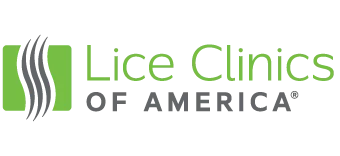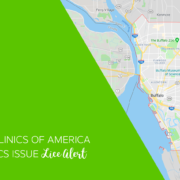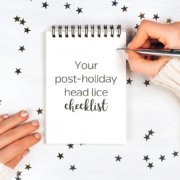Share Songs and Stories, Not Pillows At Summer Camp, Lice Expert Advises
Share Songs and Stories, Not Pillows At Summer Camp, Lice Expert Advises
Lice Clinics of America Medical Director Dr. Krista Lauer Shares Tips for Staying Lice-Free at Camp

Salt Lake City, Utah, June 16, 2017 (GLOBE NEWSWIRE) —
Summer camp conjures images of singing songs around the campfire and sharing stories and s’mores. But there are things kids should be cautioned about sharing at camp in order to prevent them from contracting head lice, says Dr. Krista Lauer, Medical Director at Lice Clinics of America.
“Head lice spread primarily through head-to-head or hair-to-hair contact,” Dr. Lauer said. “At camp, kids are sharing tents and cabins and sleeping and playing in close proximity, so the risk is there.”
In a 2016 study by researchers at the University of Michigan Mott Children’s Hospital, 60 percent of camp leaders said lice infections were a substantial burden on staff and the camper’s family.
The problem may be getting worse as so-called “super lice,” lice that have developed resistance to the most common over-the-counter products, have been found in 98 percent of lice tested in 48 states.
Dr. Lauer says there are ways to reduce the risk of head lice infestations at camp. The first step is to check children’s heads before camp starts to make sure they aren’t bringing lice with them. A professional check a facility like a Lice Clinics of America clinic is advised, she said, as it can be hard to see lice or eggs (nits) with an untrained eye.
“We encourage children with long hair to wear it pulled back to reduce accidental hair-to-hair contact,” Dr. Lauer said. “Parents can also instruct children to avoid sharing pillows and bunks whether while sleeping or just hanging out in their cabins.”
Lice Clinics of America also offers preventative shampoo and sprays that kids can take with them to camp and use like they might use mosquito repellent. The shampoo can be used when showering, and the spray can be used as extra protection throughout the day.
It’s also important to check your child for lice when they come home, Lauer said. It can take a few weeks for symptoms like itching to develop, so it’s a good idea to play it safe and perform a second inspection when camp ends.
For parents that find lice on their child’s head before or after camp, Dr. Lauer ‘s message is to keep calm and take it in stride. “Lice are a nuisance more than a health problem, and there is no relationship between head lice and hygiene,” she said.
Dr. Lauer also points out that there is now a fast, safe, medically proven treatment available with Lice Clinics of America’s AirAllé medical device. The AirAllé is an FDA-cleared Class I medical device that is clinically proven to kill live lice and more than 99 percent of nits in a single hour-long treatment. The device, developed by scientists at the University of Utah, uses carefully controlled warm air to dehydrate the lice. Because it is chemical-free, it is effective against super lice.
With 150 clinics in the United States and another 100 in 20 countries around the world, Lice Clinics of America is the largest and fastest-growing network of professional lice treatment centers in the world.
Lice Clinics of America is owned by Larada Sciences, Inc. For more information or to find a clinic visit www.liceclinicsoflongisland.com.









